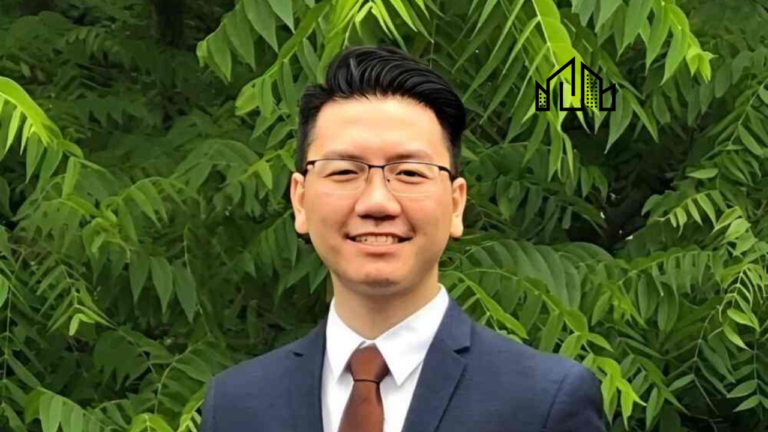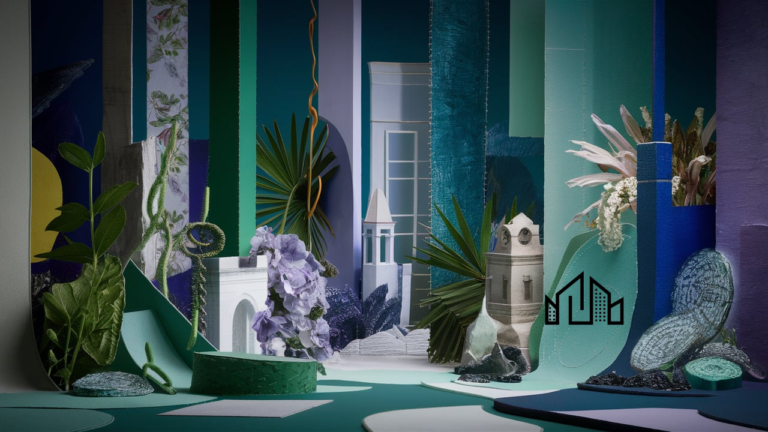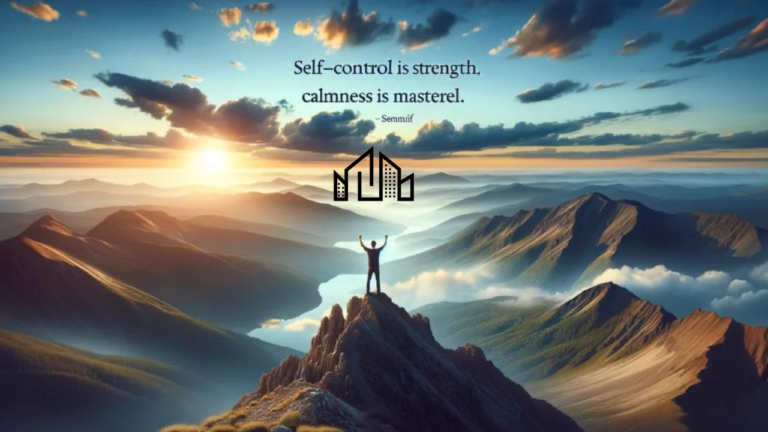Embrace What You Have Before Life Teaches You How to Love – Tymoff’s Wisdom

In the hustle and bustle of modern life, it’s easy to overlook the simple joys and profound beauty that surrounds us daily. This fast-paced existence often leads us to chase after what we don’t have instead of appreciating what we already possess. The wisdom encapsulated in the phrase, “Love what you have before life teaches you to love – tymoff,” is a poignant reminder to cherish the present and find contentment in the now. This article delves into the significance of this wisdom, exploring its implications for personal happiness, relationships, and overall well-being.
The Power of Gratitude
Gratitude is a powerful force that can transform our lives in profound ways. When we focus on what we have and express gratitude for it, we shift our mindset from one of scarcity to one of abundance. This shift enhances our emotional well-being and attracts more positivity into our lives. By loving what we have, we cultivate a sense of fulfillment and satisfaction that external achievements or possessions alone cannot provide.
Studies in positive psychology have shown that practicing gratitude regularly can lead to many benefits, including improved mental health, better sleep, and stronger relationships. When we appreciate the small things – a warm cup of coffee in the morning, a smile from a stranger, or a beautiful sunset – we start to see the world through a lens of joy and contentment. This perspective can help us navigate challenges with greater resilience and optimism.
The Illusion of the Grass Being Greener
One of the most significant obstacles to appreciating what we have is the pervasive belief that happiness lies just out of reach in the form of something we don’t yet possess. This illusion, often called “the grass is greener on the other side,” can lead to a perpetual state of dissatisfaction. We constantly compare ourselves to others, longing for their possessions, lifestyles, or achievements rather than valuing our unique journey.
Social media exacerbates this phenomenon by presenting a curated version of reality, where everyone seems to be living their best life. This can foster feelings of inadequacy and envy, driving us to chase after an idealized version of happiness. However, this pursuit often leads to emptiness, as external achievements rarely provide lasting fulfillment. By embracing Tymoff’s wisdom and loving what we have, we can break free from this cycle and find true contentment within ourselves.
Building Stronger Relationships
Loving what we have extends beyond material possessions; it also applies to our relationships. In our quest for perfection, we sometimes overlook the beauty in the connections we already have. Whether it’s a romantic partner, family member, or friend, each relationship offers unique value and lessons. By appreciating these relationships, we nurture them and allow them to flourish.
In romantic relationships, for example, it’s easy to fall into the trap of taking our partner for granted. Over time, the initial excitement may fade, and we might start focusing on their flaws rather than their strengths. However, by consciously choosing to love and appreciate our partner, we can reignite the spark and deepen our connection. This doesn’t mean ignoring problems or settling for less, but recognizing our partner’s and the relationship’s inherent worth.
Similarly, showing appreciation can strengthen bonds and create a supportive friendship and family dynamics network. Simple acts of gratitude, such as expressing thanks, spending quality time together, or offering a helping hand, can significantly enhance the quality of our relationships. By loving what we have, we foster a sense of belonging and mutual respect that enriches our lives.
The Role of Mindfulness
Mindfulness is the practice of being present at the moment and fully engaging with our current experience. It is a crucial component of loving what we have, as it allows us to appreciate the here and now without being distracted by past regrets or future anxieties. When mindful, we become more attuned to the beauty and wonder of everyday life.
Incorporating mindfulness into our daily routine can be as simple as taking a few minutes each day to focus on our breath, observe our surroundings, or savor a meal. These small practices help us better appreciate the present moment and its richness. By grounding ourselves in the now, we can let go of the constant striving for more and find peace in what we already have.
Embracing Imperfection
A significant aspect of loving what we have involves embracing imperfection. Perfectionism can be a substantial barrier to contentment, as it sets unrealistic standards and fosters a sense of inadequacy. By acknowledging that imperfection is a natural part of life, we can learn to appreciate the beauty in flaws and setbacks.
This perspective shift is significant in our self-image and personal growth. Accepting our imperfections doesn’t mean complacency but rather a compassionate acknowledgment of our humanity. It allows us to celebrate our progress and resilience rather than fixating on our shortcomings. By loving ourselves as we are, we create a foundation of self-worth that empowers us to pursue our goals with confidence and grace.
The Journey of Self-Discovery
Loving what we have is about embracing our journey and unique path. Each individual’s journey is filled with joy, sorrow, success, and failure. By appreciating our trip, we honor our experiences and the lessons they bring. This mindset encourages us to view challenges as opportunities for growth rather than obstacles to happiness.
Self-discovery is an ongoing process that involves introspection and self-awareness. By taking the time to understand our values, passions, and strengths, we can align our actions with our true selves. This alignment fosters a sense of purpose and fulfillment, as we no longer chase external validation but are guided by our inner compass.
Finding Joy in Simplicity
Finding joy in simplicity can be a radical act in a world that often glorifies complexity and excess. Simplicity doesn’t mean deprivation; instead, it is about recognizing the profound joy that can be found in the ordinary. Whether it’s a walk in nature, a heartfelt conversation, or a quiet moment of reflection, these simple pleasures can bring immense satisfaction.
By decluttering our physical and mental lives, we create space for what truly matters. This process involves letting go of the unnecessary and focusing on what brings us genuine joy and fulfillment. It encourages us to slow down and savor life’s moments rather than rushing through them in pursuit of the next big thing.
Read More
Conclusion: A Life of Fulfillment
The wisdom in Tymoff’s phrase, “Love what you have before life teaches you to love,” is a timeless reminder to cherish the present and find contentment in what we already possess. By practicing gratitude, embracing imperfection, and living mindfully, we can cultivate a sense of fulfillment that transcends external achievements. This mindset enhances our happiness and strengthens our relationships and overall well-being.
In a world that constantly urges us to seek more, embracing what we have is a powerful act of self-love and resilience. It allows us to break free from the cycle of perpetual dissatisfaction and find peace in the present moment. Ultimately, loving what we have is about recognizing the inherent value in our lives and the beauty that surrounds us every day. Adopting this perspective can lead to a life of true fulfillment and joy.






